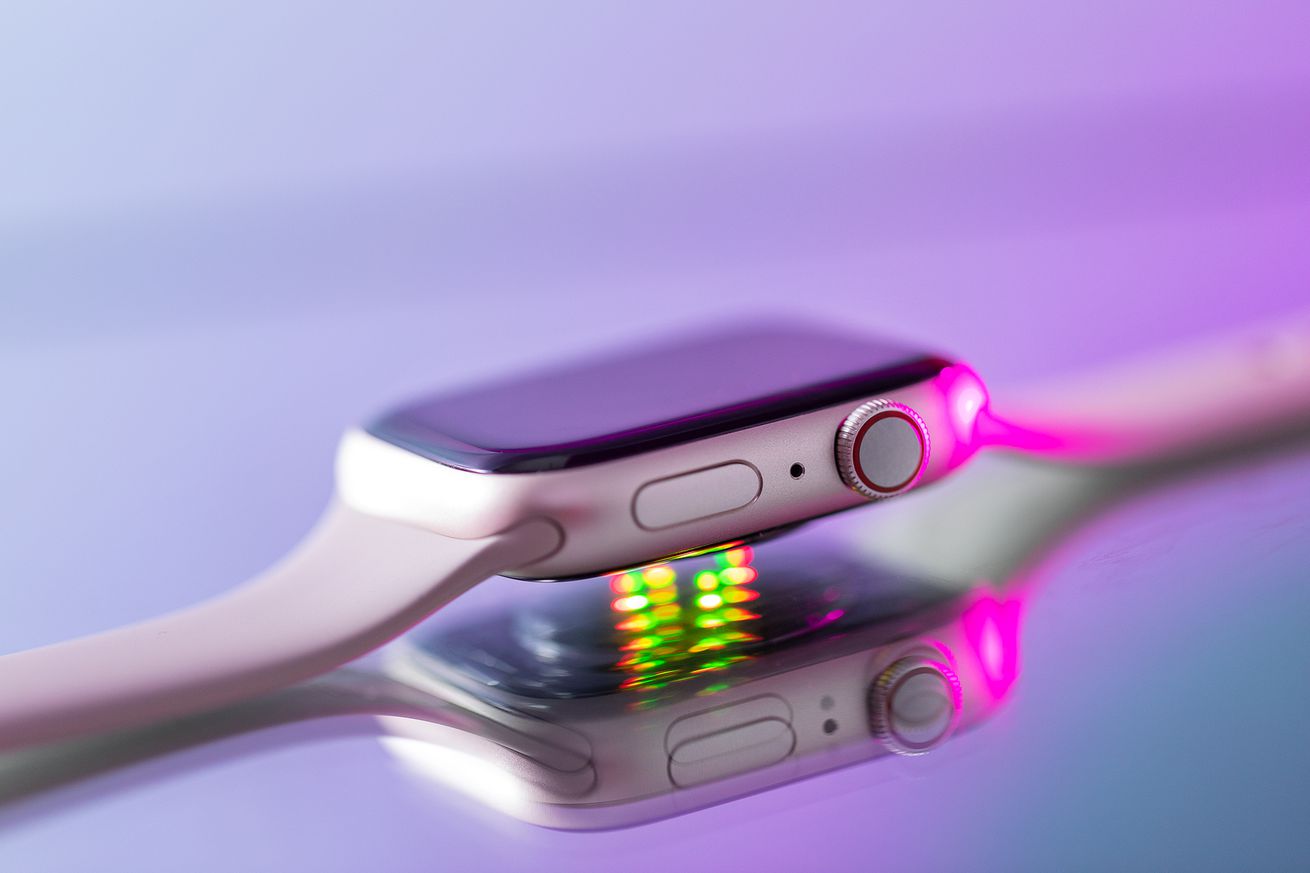No, smartwatches and smart rings can’t measure blood glucose yet

No, smartwatches and smart rings can't measure blood glucose yet
No, smartwatches and smart rings can’t measure blood glucose yet

If you see a smartwatch or smart ring for sale that claims to noninvasively measure your blood glucose levels, don’t believe it. Today, the Food and Drug Administration has issued a safety communication that warns consumers, patients, and healthcare professionals that the agency has “not authorized, cleared, or approved any smartwatch or smart ring that is intended to measure or estimate blood glucose values on its own.”
To be crystal clear, no major wearable maker has a smartwatch or smart ring that’s currently capable of this. The most any Apple Watch, Fitbit, Samsung watch, or Oura Ring can do is support integrations with an FDA-authorized continuous glucose monitor (CGM), which are wearable devices that use needles to read blood sugar levels. These integrations allow users to monitor data gathered from connected CGMs that have companion smartphone apps. The Dexcom G7 is one such device.
Instead of those well-known wearables, the FDA’s warning seems to target scammy devices making unsubstantiated claims.
Unfortunately, you can find unscrupulous companies at trade shows like CES hawking smart rings and smartwatches that claim to take noninvasive blood glucose measurements. These companies then sell these devices directly on their websites, through crowdfunded campaigns, or on online marketplaces like Alibaba. If you do see companies selling such devices, the FDA urges consumers to report the issue through its MedWatch Voluntary Reporting Form.
The timing of the FDA’s safety communication makes sense, given the increased coverage surrounding this tech. Apple purportedly has a secret team that’s been working on this for close to a decade. Samsung also has researchers exploring blood glucose monitoring tech. Occasionally, you’ll find misleading headlines that make it seem like otherwise reputable wearable brands can already measure blood glucose. That does not change the fact that the FDA has never granted authorization to any smartwatch or smart ring for this purpose. While there has been some promising progress in the wearable space, we are still several years away from a device that would be ready for healthcare settings, let alone consumers.
It bears repeating that you should be skeptical of any wearable claiming to have FDA approval. In general, smartwatches and smart rings can have FDA-cleared features (i.e., EKGs and atrial fibrillation detection), but they are not considered medical devices and shouldn’t be treated as such.

